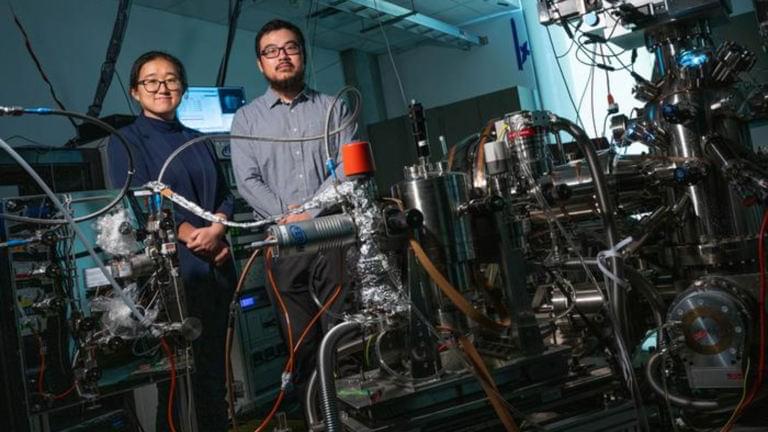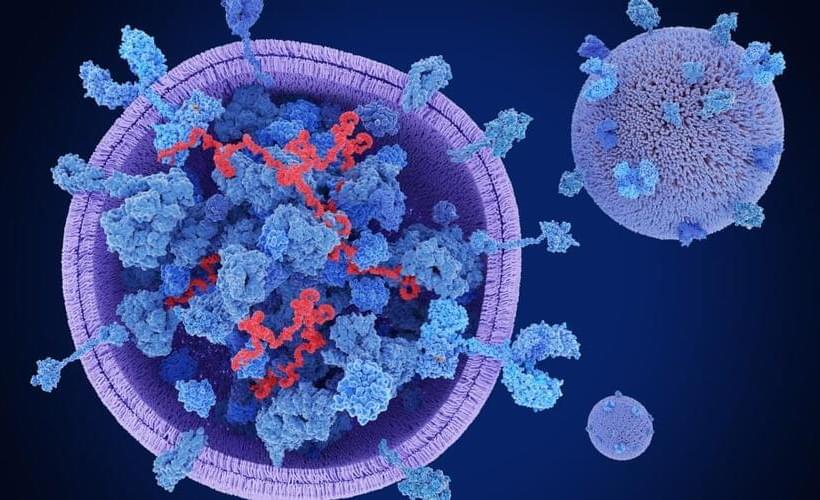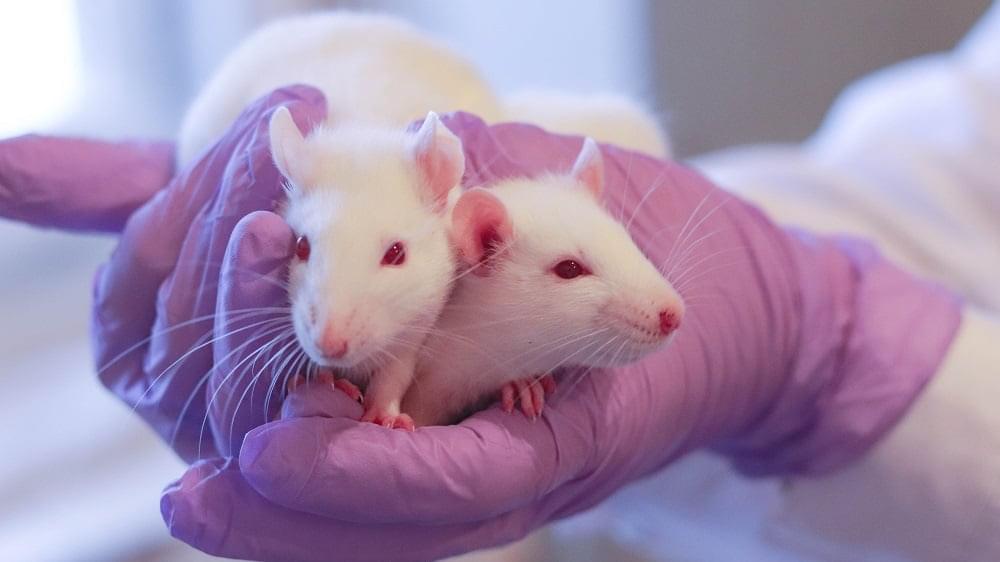Astronomers found the exhaust vent of a chimney at our galaxy’s center for the first time.
There is a supermassive black hole at the center of our galaxy that is nearly 17 times bigger than the Sun and can suck in over 1,800 Earths at once. This gigantic black hole goes by the name Sagittarius A* (Sgr A•.
In a new study, a team of researchers claims that Sgr A* has caused the formation of a chimney and an exhaust vent at the center of the Milky Way.
The study takes into account images from NASA’s Chandra X-Ray Observatory and radio emission data from the MeerKAT telescope, revealing that the vent attached to the chimney is expelling hot gases from our galaxy’s center.








